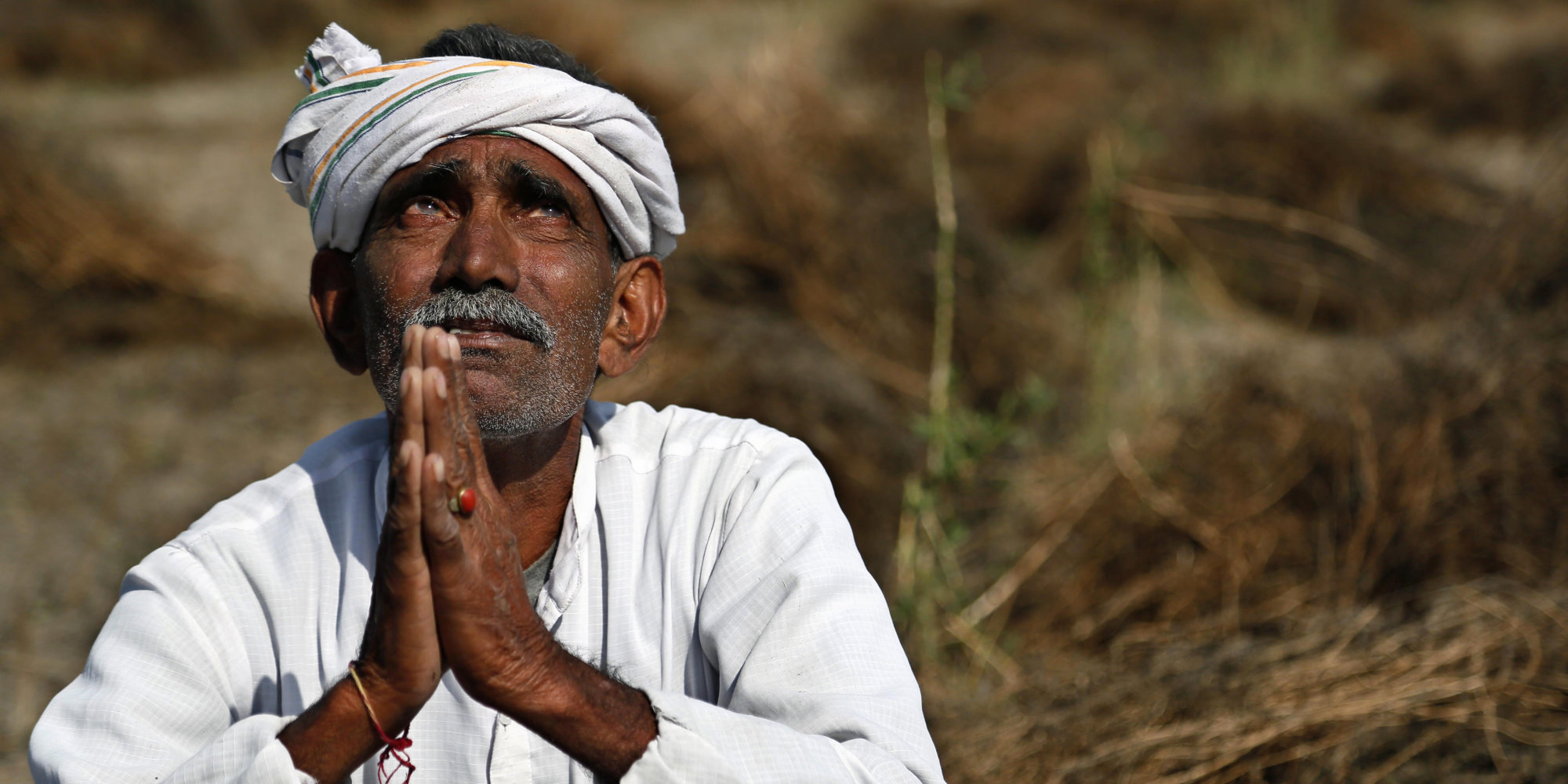India - Farmers fear losses due to weather-hit crop
09.04.2021 477 views
ScaleAgData Stakeholder Engagement Event
22.10.2024The ScaleAgData project is pleased to invite you to our second stakeholder event. Building on the discussions and connections formed during our first webinar, this event will focus on fostering collaboration among stakeholders, providing updates on our project’s progress, and outlining future opportunities for engagement.
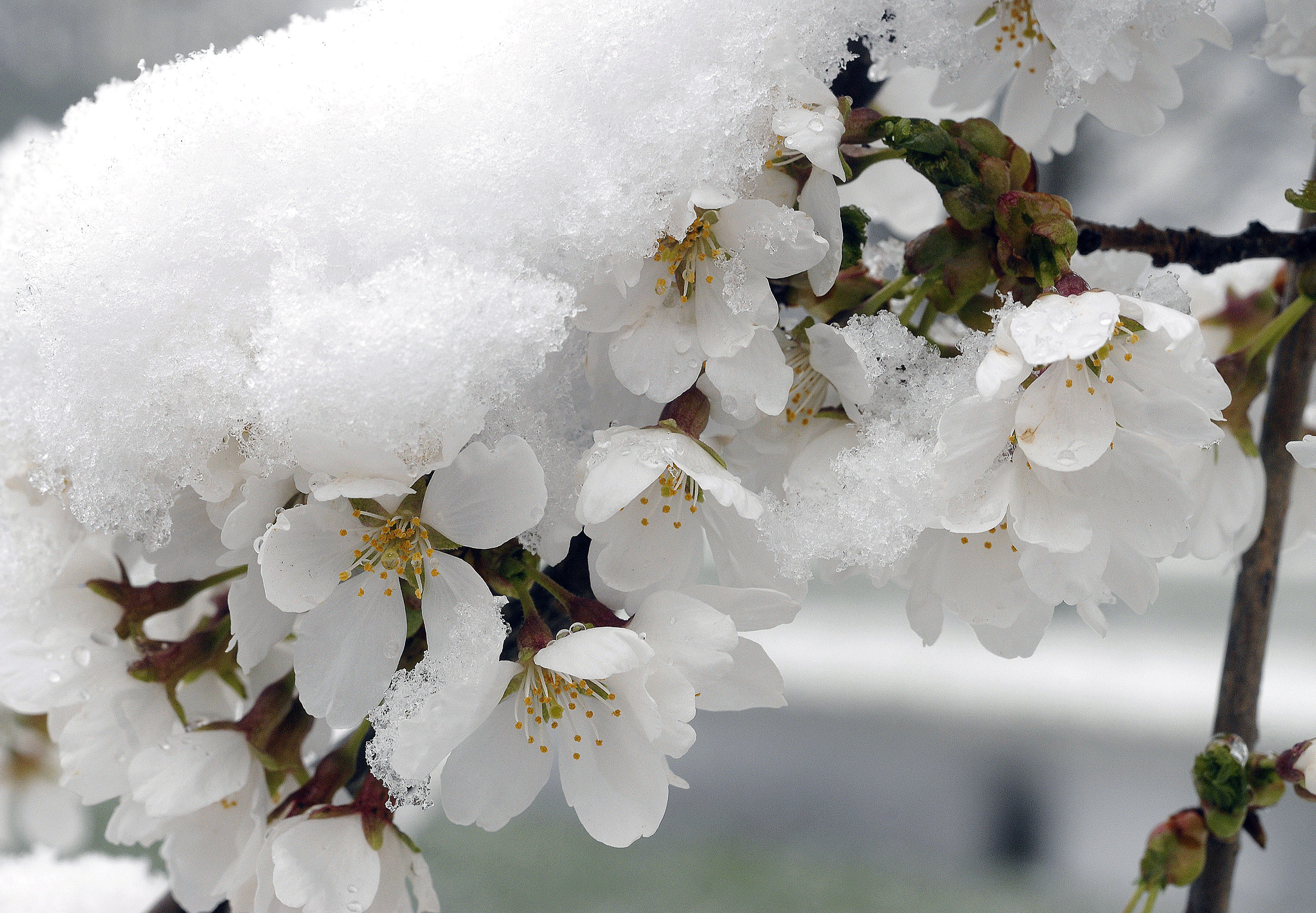
USA - Florida suspends farm inspections after freeze and drought losses
Florida Agriculture Commissioner Wilton Simpson has issued an emergency order suspending certain regulatory requirements for agricultural producers following severe winter weather, drought conditions, and elevated wildfire risk.
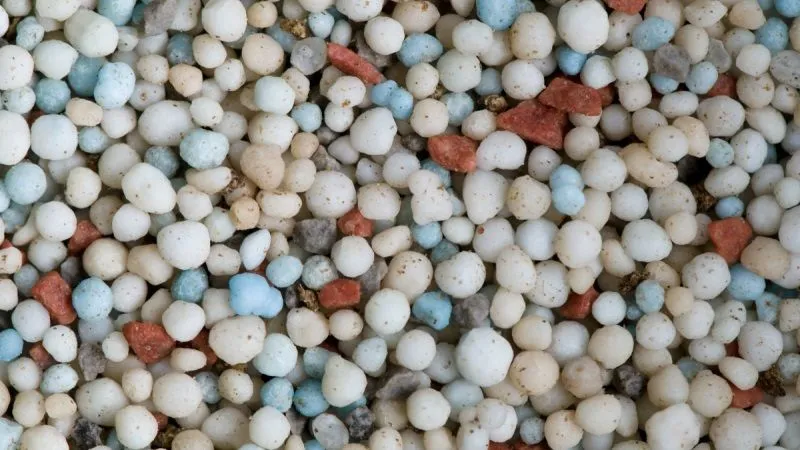
Ukraine - Fertilizer Shortage Threatens Up to 20% Crop Loss
The All-Ukrainian Agrarian Council and the Ukrainian Agrarian Business Association have appealed to the Ministry of Economy, Environment, and Agriculture of Ukraine to urgently allow the import of ammonium nitrate through seaports.

Bangladesh - Rivers dry up in Kurigram, raising fears for irrigation and crop loss
Experts blame climate impacts and silting for reducing river capacity. The situation threatens a severe irrigation crisis, with knock-on effects for agriculture and local biodiversity.
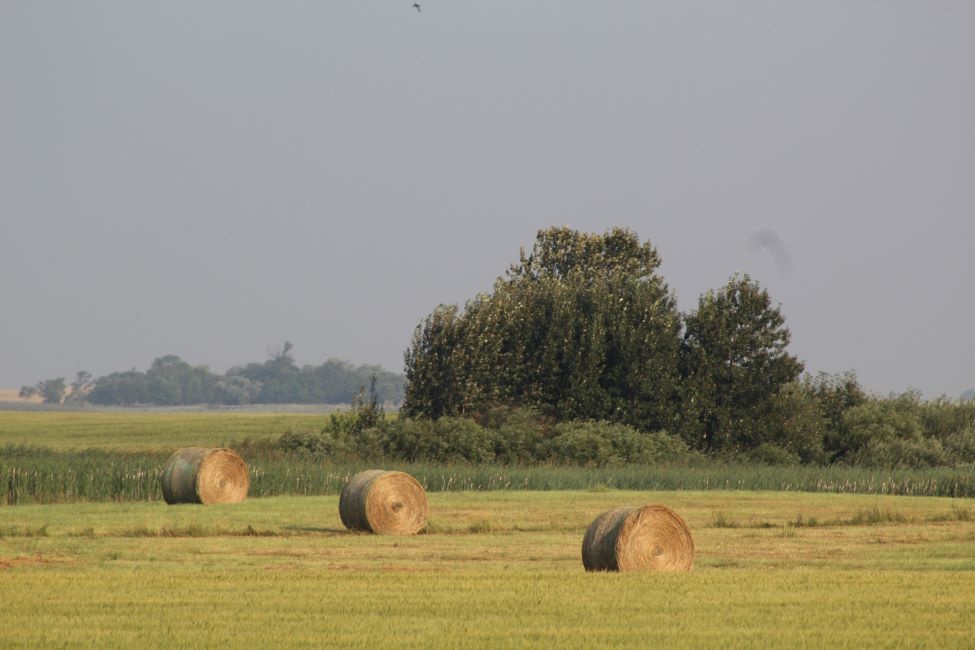
Canada - MASC pilots new approach to offer forage insurance for 2026 crop year
Manitoba Agricultural Services Corporation Pilots New Satellite-Based Forage Insurance Project For 2026 Crop Year.

India - Raj to order SOG probe into crop insurance scheme irregularities
Agriculture minister Kirori Lal Meena said Monday Rajasthan govt will order a Special Operations Group (SOG) probe into the alleged irregularities in the implementation of the Pradhan Mantri Fasal Bima Yojana (PMFBY) in the state.

USA - Over $250M invested to protect natural resources and support farmers
The Michigan Department of Agriculture and Rural Development announced today that it has administered more than a quarter billion dollars in grant funding to strengthen Michigan’s food, forestry and agriculture economy; create new jobs; and cultivate rural prosperity since the start of Governor Gretchen Whitmer’s administration in 2019.

$15m AI space project to help boost Australian agriculture
The Australasian Space Innovation Institute (ASII) has launched a $15 million National Digital Twin for Australian Agriculture to establish a capability for coordinated decision-making and innovation across the agriculture, forestry and fisheries system at a national scale.
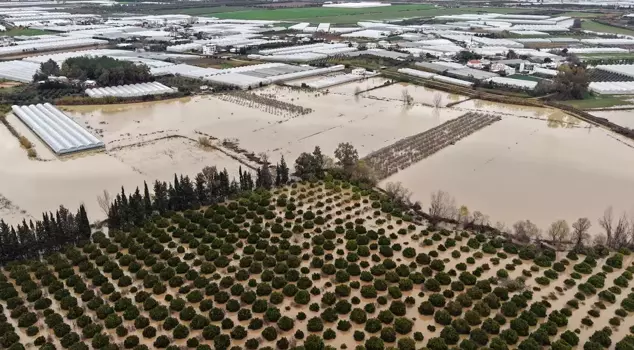
Turkey - TARSİM Delivers Over 586 Million Lira in Compensation to Flood-Affected Farmers in Antalya
TARSİM has provided extensive financial support to Antalya’s flood-affected farmers, paying out 257 million lira to those whose claim processes have been completed and preparing an additional 329 million lira in compensation for pending cases.


